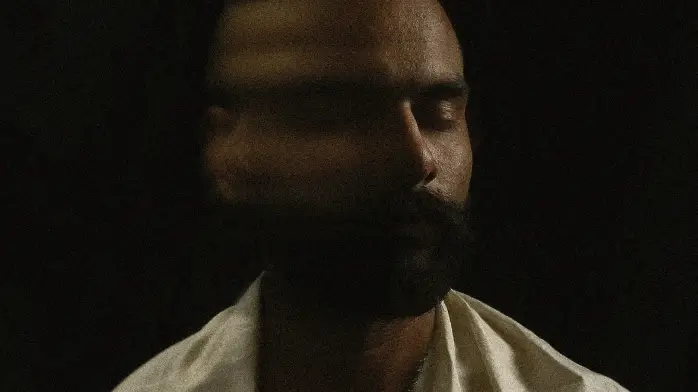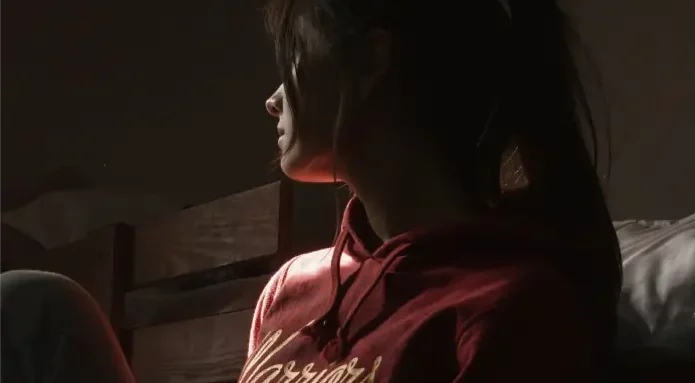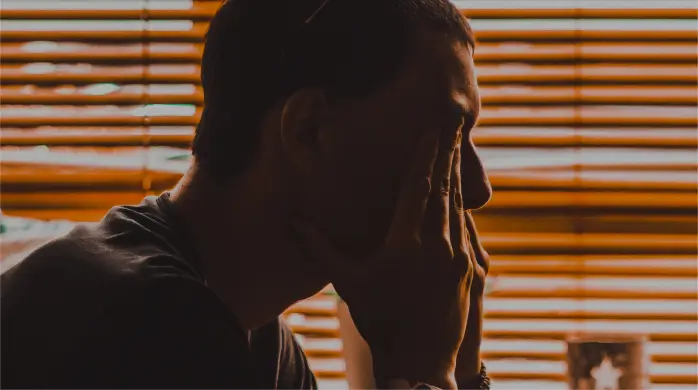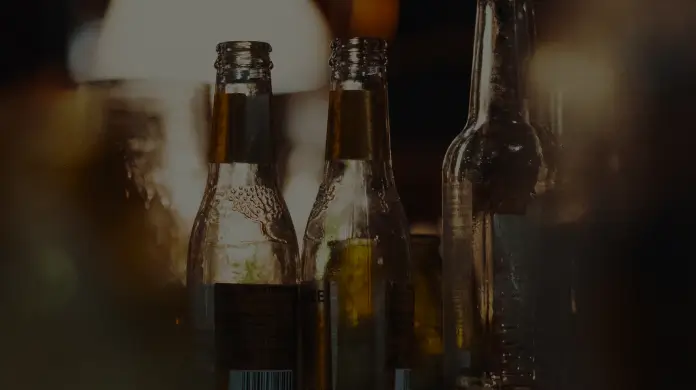Bipolar disorder involves significant shifts in mood, energy, activity levels, and the ability to carry out day-to-day tasks. Understanding the symptoms of bipolar is crucial for early intervention and effective symptoms management. This disorder can manifest in various forms, including:
- Bipolar I Disorder: Involves manic episodes lasting at least a week, often with depressive episodes lasting two weeks or more.
- Bipolar II Disorder: Characterized by recurring depressive episodes and hypomanic episodes. While less intense than full mania, hypomania can still disrupt daily life.
- Cyclothymic Disorder: Ongoing mood swings with milder symptoms of depression and hypomania lasting two years or more.
Without appropriate bipolar treatment, the condition may worsen over time, leading to more frequent and severe episodes.



























